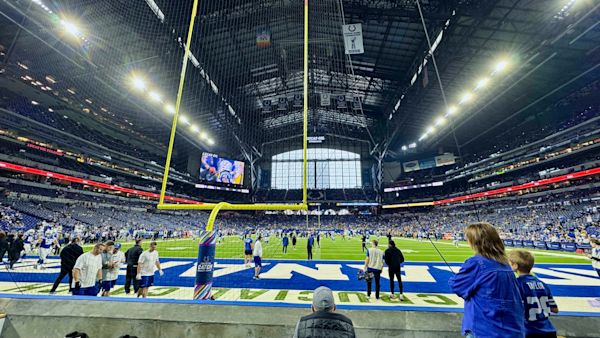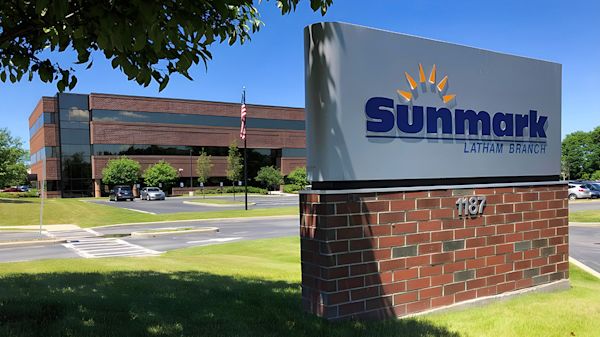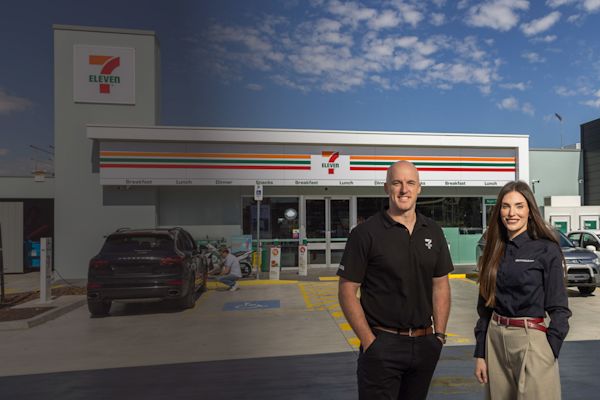References from around the world
We are in many landmarks around the world
Our references
Markets
Solutions
Product Clusters
Year
Country

Skyline at the Highlands
United States of America

Williston Basin International Airport
United States of America

Hillwood Development Company
United States of America

Indianapolis Colts
United States of America

Resorts World Las Vegas
United States of America

Sunmark Credit Union
United States of America

7-Eleven Australia
Australia

Vision Clinic, Sofia
Bulgaria
Ask our experts
Contact us today for advice or to arrange a meeting
Every access and security choice you make impacts factors such as usability, compliance, safety and aesthetics. As a result, it’s important that you get fast, informed advice. Our experienced, highly qualified architectural consultancy team is dedicated to delivering exactly that. Our experts will be happy to get in touch with you.

dormakaba Americas
Contact us